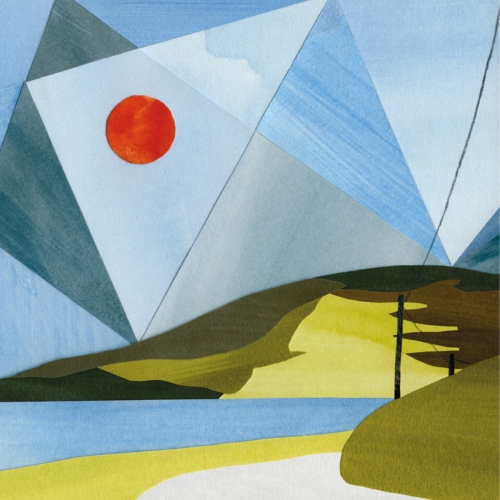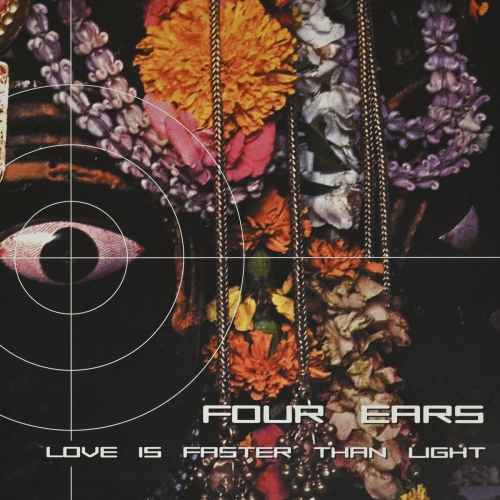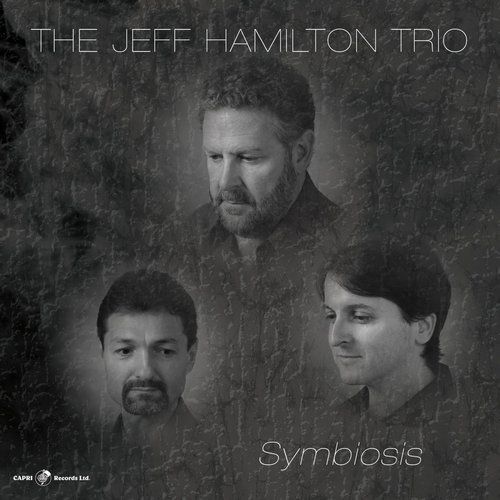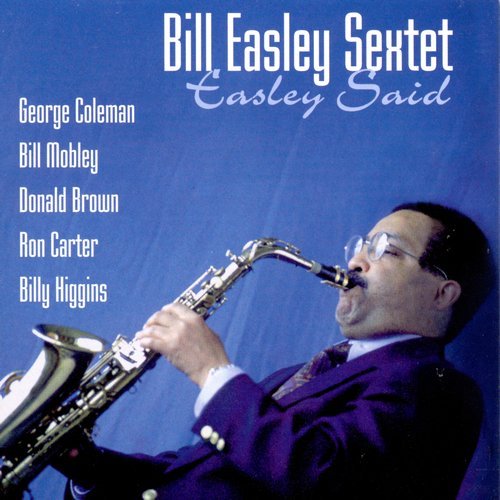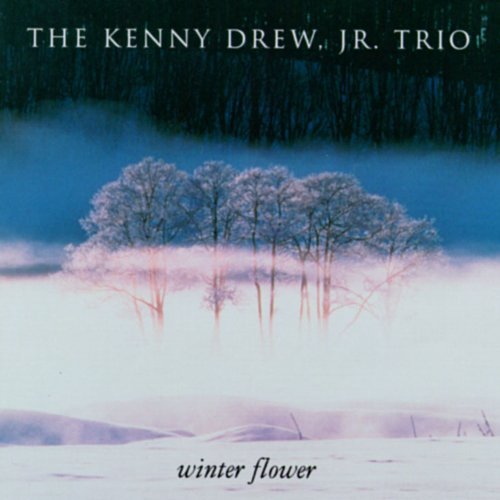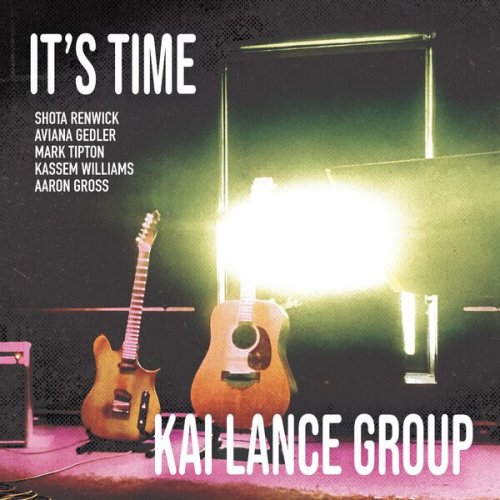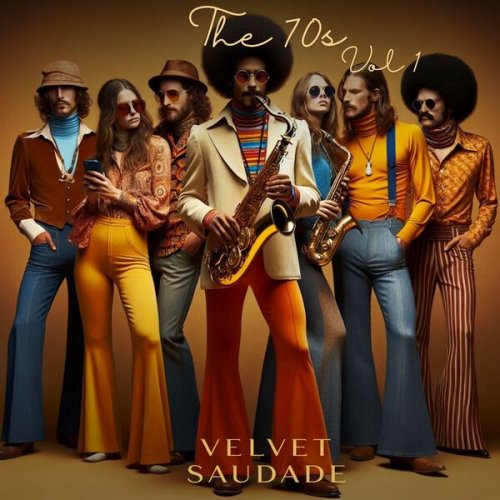Hotel Bossa Nova - Supresa (2009)

Artist: Hotel Bossa Nova
Title: Supresa
Year Of Release: 2009
Label: Homefamily
Genre: Jazz, Latin, MPB, Bossa Nova, Vocal Jazz
Quality: Mp3 320 kbps
Total Time: 59:56
Total Size: 138 MB
WebSite: Album Preview
Tracklist:Title: Supresa
Year Of Release: 2009
Label: Homefamily
Genre: Jazz, Latin, MPB, Bossa Nova, Vocal Jazz
Quality: Mp3 320 kbps
Total Time: 59:56
Total Size: 138 MB
WebSite: Album Preview
1. Hotel Bossa Nova - Aquas (Water)
2. Hotel Bossa Nova - Nada pra esquecer (Don't Forget)
3. Hotel Bossa Nova - Cancao da meia noite (Song At Midnight)
4. Hotel Bossa Nova - Musica escondida (Secret Music)
5. Hotel Bossa Nova - Meu bairro (The Street I Lived)
6. Hotel Bossa Nova - Perder e encontrar (Losing And Finding)
7. Hotel Bossa Nova - Corcovado
8. Hotel Bossa Nova - Supresa (Surprise)
9. Hotel Bossa Nova - al-Oud
10. Hotel Bossa Nova - Amor do mar (Love From The Sea)
11. Hotel Bossa Nova - Paisagem (Landscape)
12. Hotel Bossa Nova - Sonho (It's A Dream)
We look back to the future. 2008 was a fascinating, yes exciting year for the Bossa Nova. For the 50th anniversary of this increasingly popular genre precious Bossa treasures resurfaced from the archives and quite a few contemporary jazz musicians lent a new expressiveness to this Brazilan synonym for lightness and joy for life with their latest works. Hotel Bossa Nova also signed on with body and soul to the Bossa Nova and its rich possibilities for variation. In the summer of 2008 the slightly more than three year old jazz formation from Wiesbaden finally succeeded in completing the recordings for their second album. “Supresa”, as it is called, with a release date of February, 2009, documents the dynamic development of a band, which not only considers artistic freedom as their greatest possession, but that also uses that freedom to creatively and profoundly shape the future of the Bossa Nova.
The world wide triumphal march of the genre began with a composition by Antonio Carlos Jobim, the godfather of the Bossa Nova. “The Girl From Ipanema”, fantastically interpreted by Astrud Gilberto, advanced in 1962 to the ultimate Bossa Nova song. In the person of Liza Da Costa Hotel Bossa Nova has a singer of enormous charisma. The daughter of an Indian father and Portugues mother has a voice that was made in Bossa Nova heaven. But even more, her whole being seems to rise up in this music, the lightness of which is always laced with a little melancholy, a sentiment which binds the Bossa Nova with fado, the plaintive musical companion from Portugal. Which brings us back to the story of Liza da Costa, who grew up in Germany, but spent a few years of her childhood in Lisbon. Actually Liza feels like an emigrant everywhere. Without a homeland. Introduced by her father to jazz, she left her first jazz vocal trio in favour of an international career in the pop business. Fame and glamour went by like a rush. The side effects, decadence and boredom, left a bitter aftertaste.
But Hotel Bossa Nova is much more than a welcome oasis of recuperation. With her decision to sing in Portuguese Liza found her way back to herself. And in the three brilliant musicians Tilmann Höhn (guitar), Alexander Sonntag (double bass) and Wolfgang Stamm (drums and percussion) she has found three soul companions who are in a position to steer the Bossa Nova to new shores. The three accomplished jazz musicians have biographies that are as individual as they are variable. They have now found a commonwealth of well being in Hotel Bossa Nova.
In the beginning the quartet, which had its concert debut in December, 2005, played chiefly Bossa Nova classics, documented with their first live in studio album *AO VIVO*(2006), two thirds of which are songs by Tom Jobim, Baden Powell and others. In comparison to *SUPRESA* the first album was still a little formal. Nevertheless Hotel Bossa Nova at that point, with a mixture of virtuosity and weightlessness, vehemence and dreaminess could easily hold its own with any international comparison. But perfection is not everything in Bossa Nova. In time – and especially with more concert experience – Hotel Bossa Nova has sensed more and more the finer nuances of the genre and its affinities to other musical domains. Out of these experiences “Supresa” developed into an album of flowing movement, and not only because the opener “Aguas” incites one to slip drunkenly with joy beneath the waves. The guest flautist Harold Todd (Lenny Kravitz Band) provides some additional Brazil flair, who like the other guests on *SUPRESA*, the pianist Ulf Kleiner and the accordion player Anne Cratz, are good friends of the band.
Fluid transitions are everywhere to be found on the album, be it a solemn fado or an energetic samba (“Meu Bairro”) or from exuberant cool jazz to African rhythms (“Perder e encontrar”). The seemingly winding path from classical Spanish guitar to the free floating scat song, from flamenco to jazz rock is a Hotel Bossa Nova tour de force. They effortlessly combine European and Latin American music cultures in a refreshing unity. The joy in playing, the playfulness and improvisation is evident at every moment. “Cancao da meia noite” becomes a magnificent Bossa Nova suite full of abandon and a with a captivating guitar solo. That is poetry in action.
*SUPRESA* is one of these albums, which are so multi-faceted and colourful, that one can hardly grasp it all at once. Revolving around the Jobim classic “Corcovado”, the only non-band composition on the album, the band develops its own Bossa Nova universe. An album like a day on the sea, that always reappears among the priceless songs like an image, in which all the secrets and desires of the worlds are buried. The music alone radiates this feeling of pure joy, which perhaps is the result of the fact that Hotel Bossa Nova not only artistically moves on and evolves without constraint. The four friends are their own managers and producers; all important decisions are made on equal terms but the creative impetus of the quartet allows for friction. That can only be fruitful. Especially since the result speaks for itself. No modern and pathbreaking Bossa Nova album for a long time has sounded so liberated and unfettered, and at the same time convincing and in control. And in the here and now with *Supresa* the future belongs to Hotel Bossa Nova.
The world wide triumphal march of the genre began with a composition by Antonio Carlos Jobim, the godfather of the Bossa Nova. “The Girl From Ipanema”, fantastically interpreted by Astrud Gilberto, advanced in 1962 to the ultimate Bossa Nova song. In the person of Liza Da Costa Hotel Bossa Nova has a singer of enormous charisma. The daughter of an Indian father and Portugues mother has a voice that was made in Bossa Nova heaven. But even more, her whole being seems to rise up in this music, the lightness of which is always laced with a little melancholy, a sentiment which binds the Bossa Nova with fado, the plaintive musical companion from Portugal. Which brings us back to the story of Liza da Costa, who grew up in Germany, but spent a few years of her childhood in Lisbon. Actually Liza feels like an emigrant everywhere. Without a homeland. Introduced by her father to jazz, she left her first jazz vocal trio in favour of an international career in the pop business. Fame and glamour went by like a rush. The side effects, decadence and boredom, left a bitter aftertaste.
But Hotel Bossa Nova is much more than a welcome oasis of recuperation. With her decision to sing in Portuguese Liza found her way back to herself. And in the three brilliant musicians Tilmann Höhn (guitar), Alexander Sonntag (double bass) and Wolfgang Stamm (drums and percussion) she has found three soul companions who are in a position to steer the Bossa Nova to new shores. The three accomplished jazz musicians have biographies that are as individual as they are variable. They have now found a commonwealth of well being in Hotel Bossa Nova.
In the beginning the quartet, which had its concert debut in December, 2005, played chiefly Bossa Nova classics, documented with their first live in studio album *AO VIVO*(2006), two thirds of which are songs by Tom Jobim, Baden Powell and others. In comparison to *SUPRESA* the first album was still a little formal. Nevertheless Hotel Bossa Nova at that point, with a mixture of virtuosity and weightlessness, vehemence and dreaminess could easily hold its own with any international comparison. But perfection is not everything in Bossa Nova. In time – and especially with more concert experience – Hotel Bossa Nova has sensed more and more the finer nuances of the genre and its affinities to other musical domains. Out of these experiences “Supresa” developed into an album of flowing movement, and not only because the opener “Aguas” incites one to slip drunkenly with joy beneath the waves. The guest flautist Harold Todd (Lenny Kravitz Band) provides some additional Brazil flair, who like the other guests on *SUPRESA*, the pianist Ulf Kleiner and the accordion player Anne Cratz, are good friends of the band.
Fluid transitions are everywhere to be found on the album, be it a solemn fado or an energetic samba (“Meu Bairro”) or from exuberant cool jazz to African rhythms (“Perder e encontrar”). The seemingly winding path from classical Spanish guitar to the free floating scat song, from flamenco to jazz rock is a Hotel Bossa Nova tour de force. They effortlessly combine European and Latin American music cultures in a refreshing unity. The joy in playing, the playfulness and improvisation is evident at every moment. “Cancao da meia noite” becomes a magnificent Bossa Nova suite full of abandon and a with a captivating guitar solo. That is poetry in action.
*SUPRESA* is one of these albums, which are so multi-faceted and colourful, that one can hardly grasp it all at once. Revolving around the Jobim classic “Corcovado”, the only non-band composition on the album, the band develops its own Bossa Nova universe. An album like a day on the sea, that always reappears among the priceless songs like an image, in which all the secrets and desires of the worlds are buried. The music alone radiates this feeling of pure joy, which perhaps is the result of the fact that Hotel Bossa Nova not only artistically moves on and evolves without constraint. The four friends are their own managers and producers; all important decisions are made on equal terms but the creative impetus of the quartet allows for friction. That can only be fruitful. Especially since the result speaks for itself. No modern and pathbreaking Bossa Nova album for a long time has sounded so liberated and unfettered, and at the same time convincing and in control. And in the here and now with *Supresa* the future belongs to Hotel Bossa Nova.
![Jacob Anderskov - Vinterstemmer (2026) [Hi-Res] Jacob Anderskov - Vinterstemmer (2026) [Hi-Res]](https://www.dibpic.com/uploads/posts/2026-02/1771036914_d0s5qxbxc5g5l_600.jpg)
